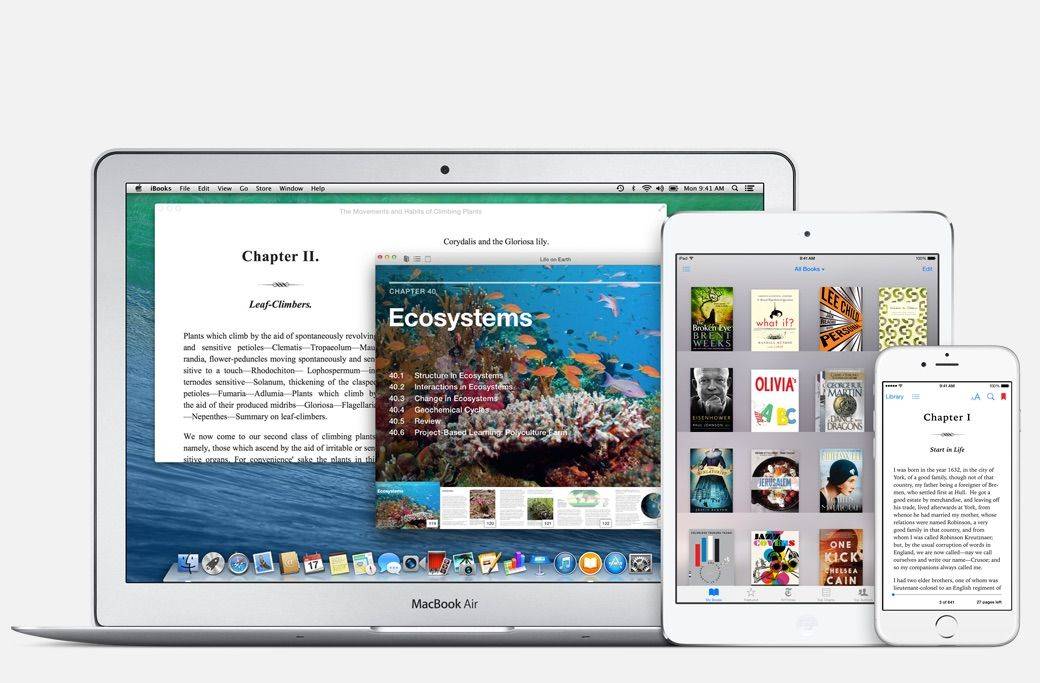Apple was found guilty last year of colluding with publishers to raise ebook prices, but now that the antitrust case is being heard by the Second U.S. Court of Appeals, two out of the three appellate judges are starting to see things Apple’s way.
The appeals case kicked off this morning with Deputy Solicitor General Malcolm Stewart attempting to compare Apple to a driver taking a narcotics dealer to a drug pick up. The analogy was supposed to make the point that if Apple knew publishers were conspiring to fix ebook prices, it was just as guilty as them for facilitating the conspiracy. However, Fortune reports that Judge Denis Jacobs laughed off the analogy, pointing out that drug trafficking is one of the few “industries in which the law does not look with favor or new entrants.”
The comment drew a chorus of laughs in the courtroom, but Judge Jacob’s concerns went even further, as the the judge questioned whether the government should have even brought the case to court.
“Judges Jacobs and Lohier seemed quite concerned that Judge Cote had used the wrong standard, but Jacobs’s qualms clearly went much further—seeming to question the government’s judgment in ever having brought the case. His problem was that Apple was a new entrant that was bringing competition to a market that had been, until then, dominated by a “monopolist,” Amazon.
Apple lost its eBook price fixing case last year and proposed to pay $400 million to consumers as part of the settlement. Depending on how the appeals court rules though, Apple’s settlement fee could be significantly reduced.
Judge Jacobs repeatedly pointed to Amazon as the true monopolist in the ebook industry, and referred to the company’s e-book $9.99 pricing policy as “predatory pricing” that’s obviously used as a means of maintaining its monopoly dominance.
The key legal question being evaluated by the court is whether Apple’s pricing should be viewed as inherently illegal, or if Judge Cote should have judged the case under a more demanding ‘rule of reason’ analysis that would have required a more thorough investigation of all the circumstances (like Amazon’s pricing) to find out if the collusion was pro-competitive or anticompetitive.
The judges heard 80-minutes of testimony today before reserving their decision which could take up to six months to be released. Should the three appellate judges vacate the liability finding against Apple and send it back to Judge Cote, Apple will only be on the hook to pay $50 million to consumers and $20 million to attorneys. With how well things are going though, the court could just overturn the case outright, leaving Apple to pay zero dollars for the ebook pricing controversy.
Via: Fortune


